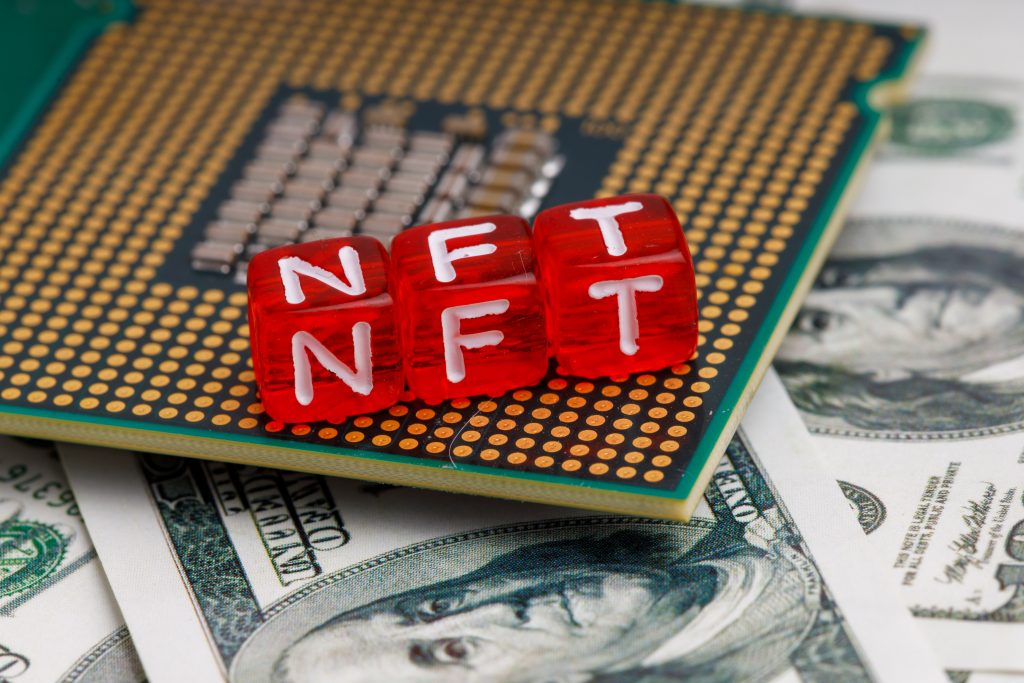
Cryptocurrencies and NFTs are digital assets that have taken the world by storm. They have revolutionized the way we think about transactions, ownership, and the value of digital goods. However, while they may seem similar, they are fundamentally different from one another. In this article, we will explore the key differences between Cryptocurrencies and NFTs and their fundamental concepts.
What are Cryptocurrencies?
Cryptocurrencies are digital assets designed to work as a medium of exchange, utilizing cryptography to secure transactions and to control the creation of additional units. They are decentralized and operate independently of any central authority, such as a government or financial institution.
How do Cryptocurrencies work?
Cryptocurrencies work on a decentralized blockchain network that records all transactions. Each block contains a record of several transactions and is linked to the previous block in a chain-like structure. Cryptocurrencies use advanced cryptographic techniques to secure these transactions and prevent fraud. Transactions on a blockchain are verified by a network of nodes, and once verified, they are added to the blockchain ledger.
Popular Cryptocurrencies
Some of the most popular cryptocurrencies include Bitcoin, Ethereum, Litecoin, Ripple, and Bitcoin Cash. Bitcoin is the first and most well-known cryptocurrency, while Ethereum is a platform that allows for the creation of decentralized applications (dApps) and smart contracts.
What are Non-Fungible Tokens (NFTs)?
Non-Fungible Tokens (NFTs) are digital assets that are unique and cannot be replicated. They are a type of digital certificate of ownership that verifies the authenticity and ownership of a particular asset. NFTs can represent anything that has value, including digital art, music, videos, and even tweets.
How do NFTs work?
NFTs are created using blockchain technology, just like cryptocurrencies. However, unlike cryptocurrencies, each NFT is unique and cannot be replicated. NFTs are usually created on a specific blockchain network, such as Ethereum, which allows for the creation of smart contracts. Smart contracts are self-executing contracts that are stored on the blockchain and automatically enforce the terms of the contract when certain conditions are met.
Popular NFTs
Some of the most popular NFTs include CryptoKitties, NBA Top Shot, and Beeple’s digital art piece “Everydays: The First 5000 Days,” which sold for a record-breaking $69 million in March 2021.
NFT vs Crypto: Key Differences
The key difference between NFTs and cryptocurrencies is that NFTs are unique and cannot be replicated, while cryptocurrencies are fungible and can be exchanged for one another. NFTs represent ownership of a particular item and cannot be exchanged for another NFT.
